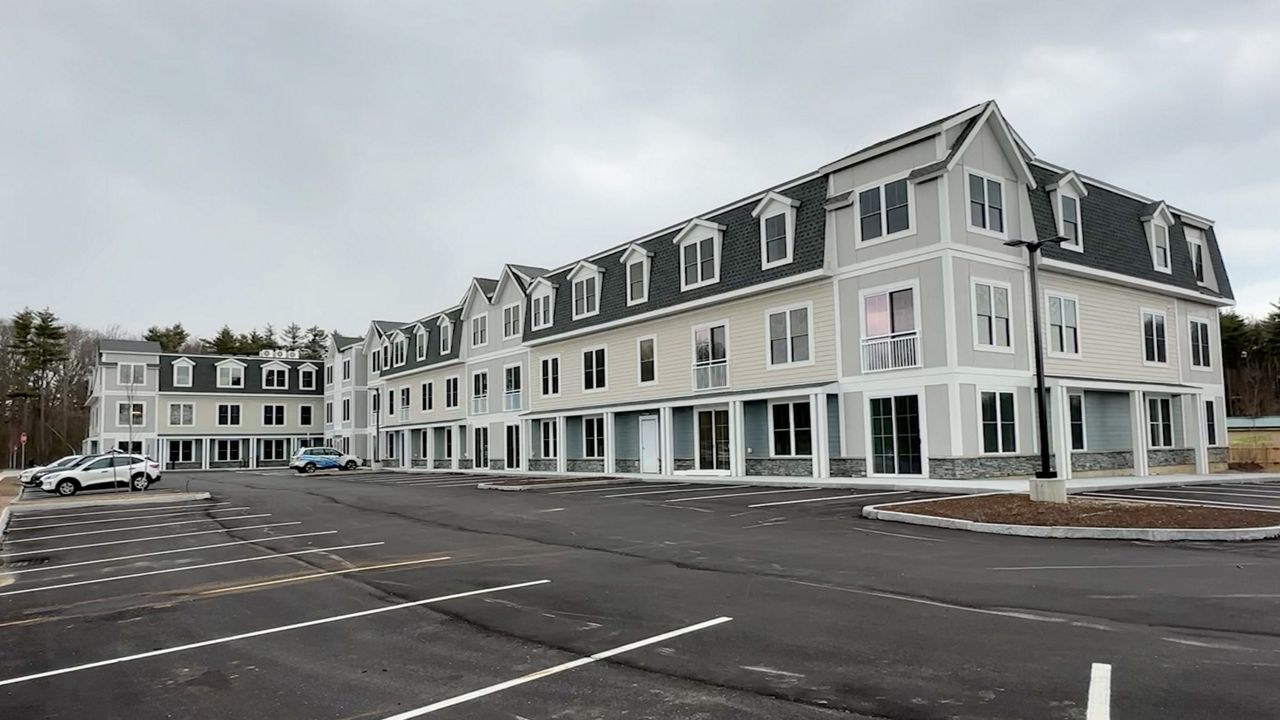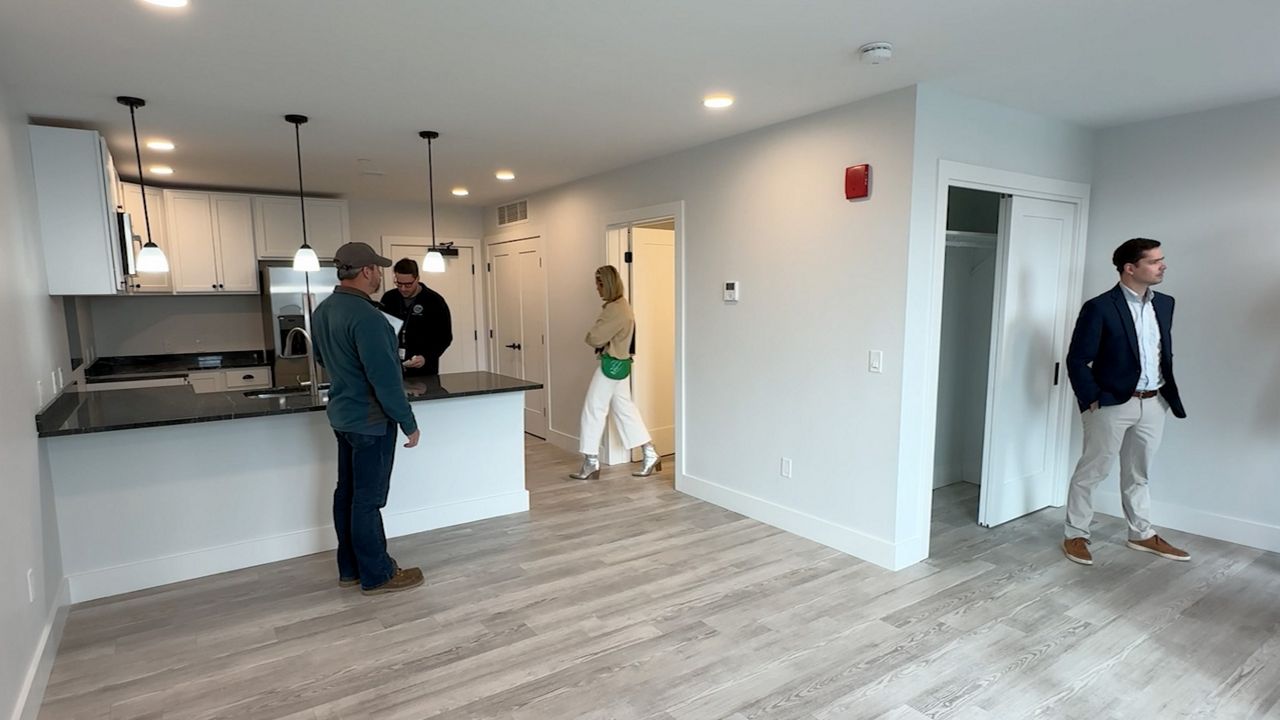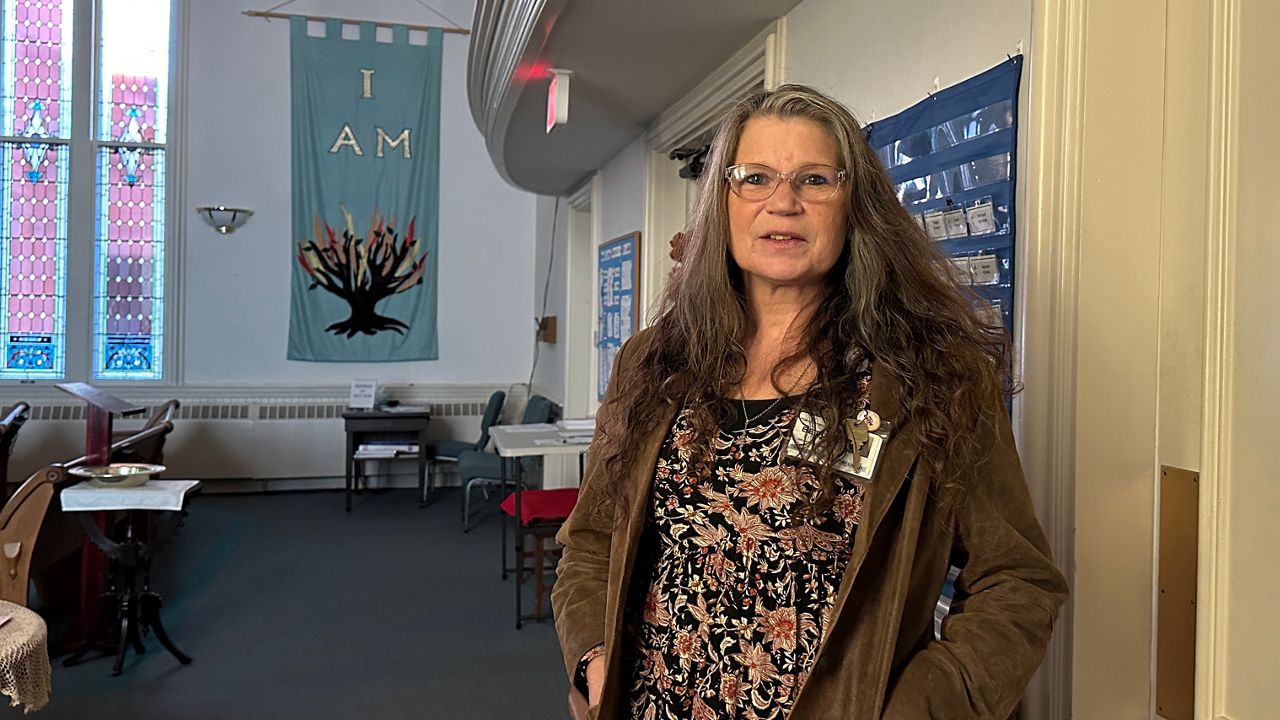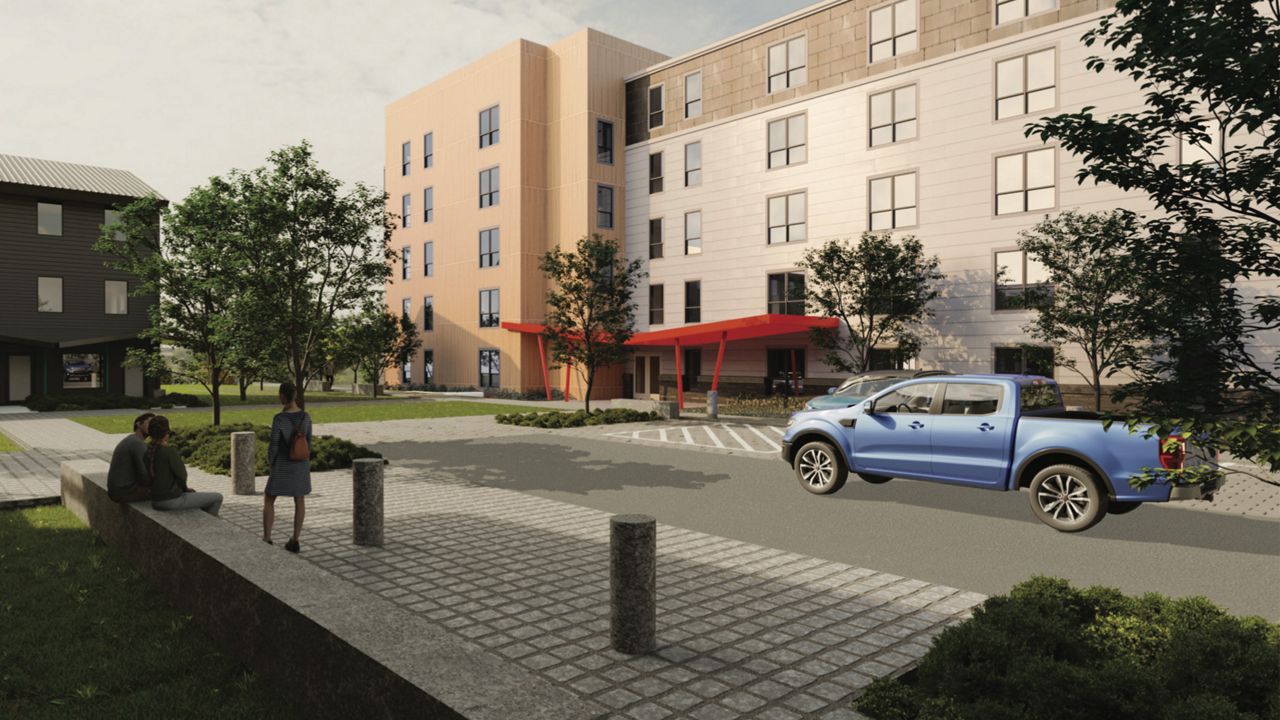Developers in York are putting the finishing touches on a new, 63-unit apartment building that officials hope will help local workers find an affordable place to live.
Yorktowne Crossing, located on Hannaford Drive between Hannaford Supermarket and the York Police Station, is being marketed as “workforce housing,” a term describing housing being made available below market rates for middle-income workers.
Rents will range from $1,800 to $2,600 per month, according to Chris Erikson, the owner of Aland Realty, which is handling the application process for prospective tenants.
Aland will open the building to applicants this weekend. The studio, one and two-bedroom apartments will be open to residents May 1.
The company’s research found that the average rent for one or two-bedroom units in York is $2,100 to $4,000 per month.
That’s if one can find them. According to the town’s 2022 Comprehensive Plan, data from 2019 showed that out of the town’s 9,435 housing units only 812, or 8.6%, are one-bedroom or no bedrooms.

The same data showed 2,331 two-bedroom units, or just under 25%.
The problem has been most notable in the post-coronavirus pandemic years, according to York Tax Assessor Luke Vigue. Wealthier residents began buying homes fast, he said, driving the average non-waterfront single-family home prices over $700,000.
“It’s very difficult for people to come into York for really any industry, whether it’s to work at Hannaford or Stonewall Kitchen or any of our businesses, including coming to work for the town of York, to come here from the outside to be able to afford at what we can offer for a salary and afford a place to actually stay here in town,” he said.
Many town employees, Vigue said, commute from Sanford or Biddeford. Those employees, he said, should be able to afford to live where they work.
“Having a unit like this kind of opens up the door for younger people with families,” he said.
The property includes studio, one-bedroom and two-bedroom apartments, along with amenities such as a fitness center. Income requirements cap households at $146,000, but Erikson said there is no restriction on profession if residents work locally.
“Really, it’s open to anyone who works in the community,” he said.









